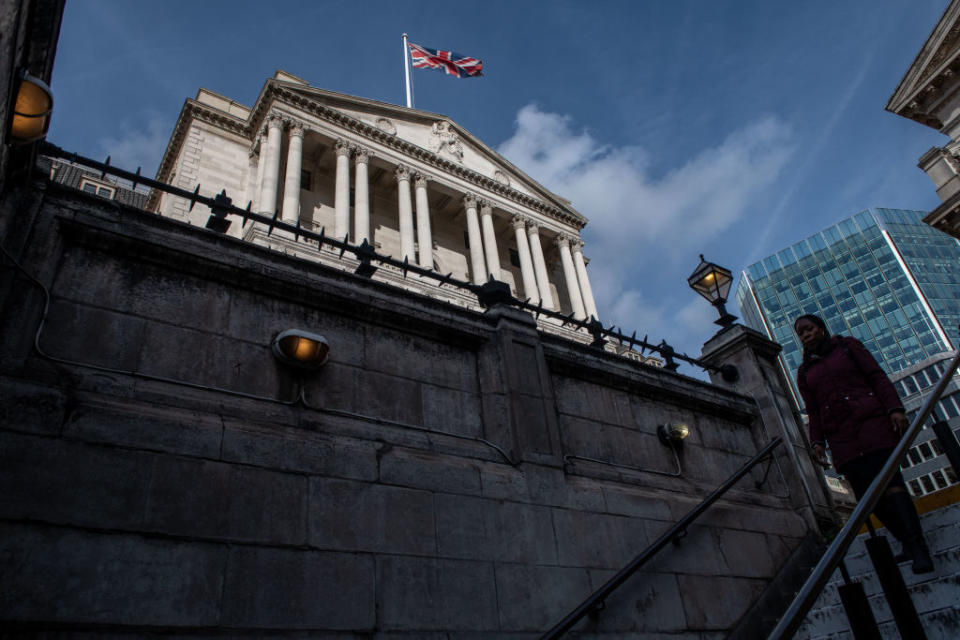UK government rejects calls for banks to pre-fund multibillion-pound deposit guarantee scheme


The government has confirmed that it does not want British banks to imminently pay billions into a deposit guarantee scheme designed to reduce the burden on taxpayers when small lenders fail.
Banks were facing the prospect of having to pre-fund the scheme focused on reimbursing customers if their bank fails.
Those in favour of pre-funding the scheme argue lenders that ultimately fail should bear some of the cost of their future collapse.
However, in a consultation paper published on Thursday, the Treasury said it wanted to avoid imposing “additional upfront financial costs for banks”.
It plans to legislate to expand the powers of the Financial Services Compensation Scheme (FSCS) so that it can introduce a levy to fund the operational costs of a smaller bank that is failing.
“This proposal would introduce sensible and modest enhancements to the resolution regime to give the BoE increased flexibility to manage the failure of a small bank, without making significant changes to the regime itself and avoiding new upfront costs for firms,” the Treasury said.
It also aims to make sure customers have continuity of access to their banking services, rather than having to wait for government-guaranteed deposits.
The instability following the collapse of Silicon Valley Bank’s UK business in March sparked criticism of the current regulation, with customers warned of long waiting times for the return of their deposits, which are currently capped at £85,000.
The government ultimately brokered a deal to sell SVB’s UK branch to HSBC for £1.
It was announced today that the central bank’s Prudential Regulation Authority would regularly review the £85,000 limit, which has existed since 2010.
While the European Union’s cap is similar at €100,000, the US has a $250,000 limit.
The government is seeking feedback from the industry on “alternative means of funding that could help meet the policy objectives over the longer-term”, which could include pre-funding.
A spokesperson for the Bank of England said it welcomed the consultation, which runs until 7 March, and “supported measures to continue to enhance the UK bank resolution regime”.
Simon Hills, director of prudential policy at banking trade body UK Finance, told City A.M.: “We welcome HM Treasury’s consultation which looks at changes to the UK’s Special Resolution Regime.
“The financial system demonstrated resilience in 2023. However, the introduction of a new resolution power allowing the FSCS to provide recapitalisation funding to a small bank is a practical measure which could help boost the resilience of the system. The proposals could ensure that the taxpayer will not be on the hook if a bank of any size fails.”





